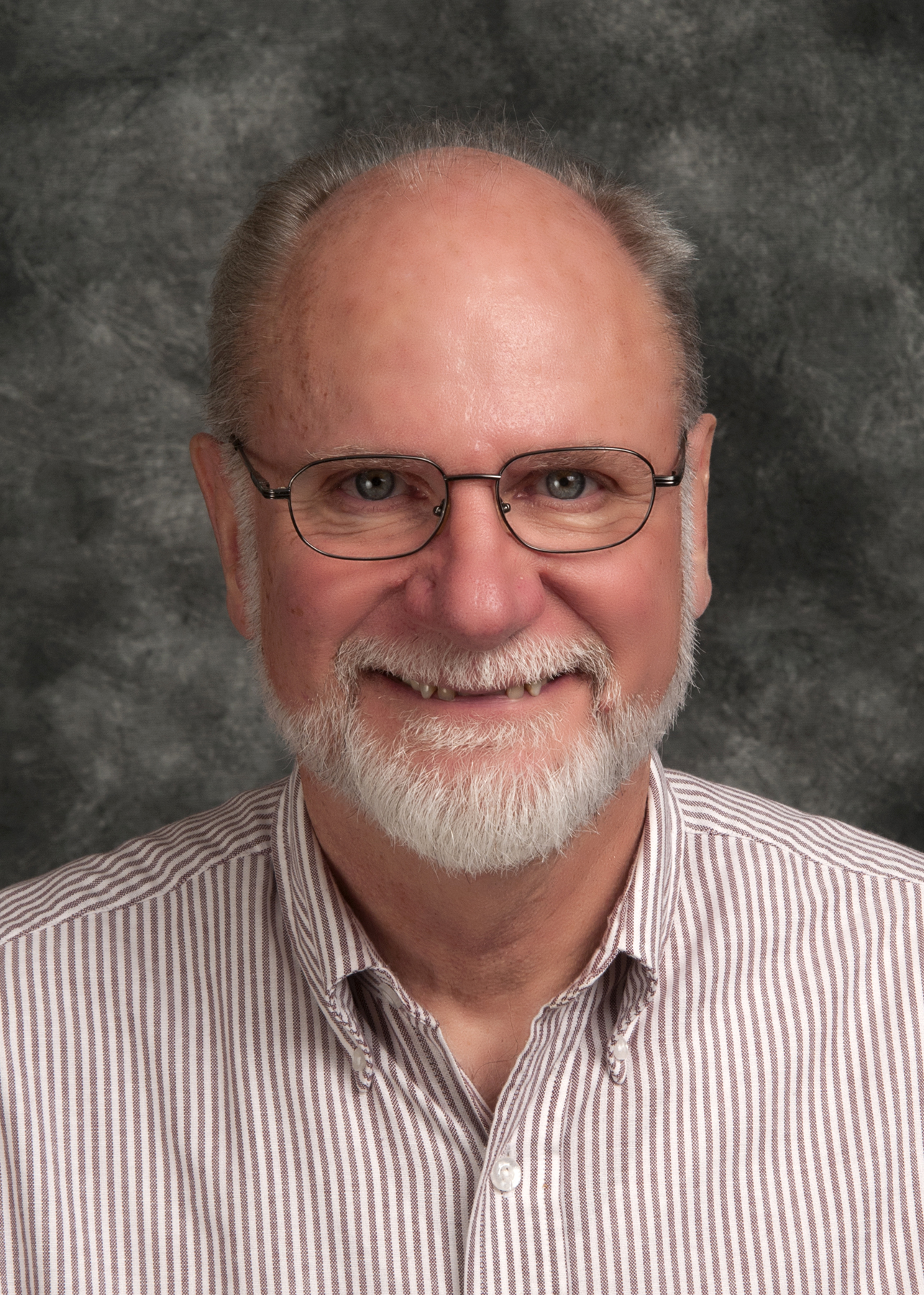 Manhattan College’s Richard Kirchner, Ph.D., professor emeritus of chemistry and biochemistry, was recently selected as a 2015 Senior Scientist Mentor through The Camille and Henry Dreyfus Foundation. The Dreyfus Foundation provides a $20,000 grant to eight emeritus faculty members in the chemical sciences in support of undergraduate research to be conducted under their guidance. Awardees were selected from applications submitted by colleges and universities throughout the United States.
Manhattan College’s Richard Kirchner, Ph.D., professor emeritus of chemistry and biochemistry, was recently selected as a 2015 Senior Scientist Mentor through The Camille and Henry Dreyfus Foundation. The Dreyfus Foundation provides a $20,000 grant to eight emeritus faculty members in the chemical sciences in support of undergraduate research to be conducted under their guidance. Awardees were selected from applications submitted by colleges and universities throughout the United States.
“Many emeritus faculty no longer teach courses or take on graduate students. Their wealth of experience and knowledge, however, makes them a unique and valuable educational resource for undergraduates,” said Dr. Mark Cardillo, executive director of The Camille and Henry Dreyfus Foundation. “This program provides for the development of a relationship where these senior scientists guide the students in perhaps their first research experience to generate new knowledge. Firsthand experience with the scientific research process is of value to all students, some of whom may be motivated to join the next generation of chemists.”
Kirchner will conduct research on Structural Studies on Zeolites and Renewable Catalysts during the next two years. The project will analyze the structures of a type of rock, called zeolites, that can trap water or other molecules inside. Manhattan College students under Kirchner’s supervision will study two zeolites that are microporous aluminosilicate minerals.
A professor at Manhattan College for more than 40 years, Kirchner conducts research in physical inorganic chemistry, structural characterization of micro-crystalline materials (including zeolites), and X-ray crystallography.
“The Dreyfus Foundation has recognized and will support what we do best at Manhattan College. I believe the best teaching in science occurs when students work one-on-one with a faculty member on an interesting and challenging research project,” Kirchner says. “My students not only learn some chemistry and crystallography, but more importantly, develop the skills, confidence, perseverance and perspective to go on to have successful professional careers.”